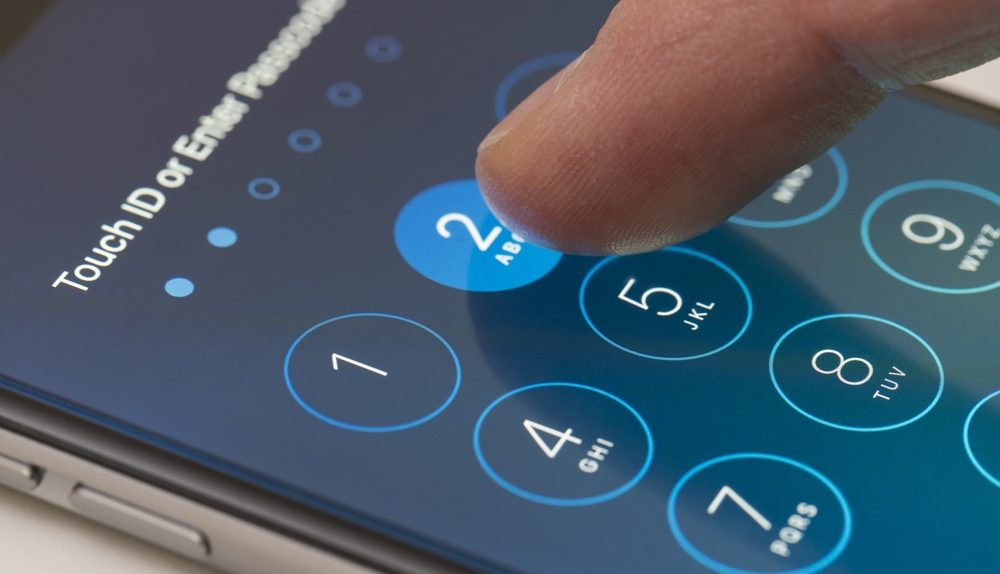Appearing before the Senate oversight committee yesterday, FBI director James Comey said that the agency during the first half of 2016 was granted legal permission to access more than 6,000 individual mobile devices. However, thanks to increasingly stringent security protocols from device manufacturers, the FBI was unable to access more than 3,000 of them, even when using all of the “appropriate and available technical tools” at the agency’s disposal.
While Comey has previously stated that he’s not looking for companies like Apple to program backdoors into their operating systems, he seems to be playing a game of semantics. For example, back when the FBI was unable to access the iPhone 5c belonging to one of the San Bernardino terrorists, Comey said that he didn’t want to “set a master key loose on the land” but rather wanted the ability to “guess the terrorist’s passcode without the phone essentially self-destructing.” Of course, in order to do so, the FBI demanded that Apple create an entirely new version of iOS for them that would effectively serve as a master key of sorts.
In comments transcribed by TechCrunch, Comey said the following when asked about the security risks associated with installing backdoors on mobile devices.
We’ve had very good open and productive conversations with the private sector over the last 18 months about this issue, because everybody realizes we care about the same things. We all love privacy, we all care about public safety and none of us want backdoors — we don’t want access to devices built in in some way. What we want to work with the manufacturers on is to figure out how can we accommodate both interests in a sensible way.
How can we optimize the privacy, security features of their devices and allow court orders to be complied with. We’re having some good conversations — I don’t know where they’re going to end up, frankly. I could imagine a world that ends up with legislation saying that if you’re going to make devices in the U.S. you figure out how to comply with court orders. Or maybe we don’t go there. But we are having productive conversations right now I think.
I gotta say, that’s a solid non-answer answer right there.
At least as it pertains to Apple, Tim Cook has made it abundantly clear that user privacy and device security is not an area the company is willing to compromise even in the slightest. In other words, it remains to be seen if the “good conversations” Comey references will actually lead to any changes in how companies like Apple handle security.








